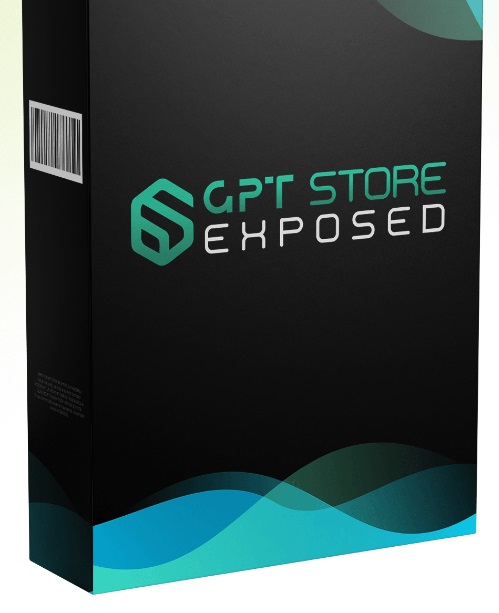
GPT Store Exposed: A Deep Dive into James Renouf’s Controversial Creation
Introduction of GPT Store:
In the landscape of artificial intelligence (AI) and digital innovation, the emergence of platforms like GPT Store promises revolutionary advancements. However, the recent unveiling of GPT Store, spearheaded by James Renouf, has sparked intense scrutiny and debate within the tech community. This review aims to delve into the intricacies of GPT Store, shedding light on its features, implications, and controversies.
The Genesis of GPT Store:
James Renouf, a prominent figure in the online marketing sphere, introduced GPT Store as a marketplace for AI-generated content. Leveraging OpenAI’s powerful GPT (Generative Pre-trained Transformer) technology, the platform aimed to offer a vast array of products ranging from articles and scripts to marketing materials—all generated by AI algorithms.

>>Click instant access and other details<<
Features and Functionality of GPT Store:
it boasted an intuitive interface, allowing users to browse and purchase AI-generated content effortlessly. With customizable parameters and niche-specific filters, customers could tailor their search according to their preferences. Moreover, the platform integrated seamless payment processing, ensuring a streamlined purchasing experience.
Implications for Content Creation:
The advent of it raised pertinent questions about the future of content creation and intellectual property rights. While proponents applauded its potential to democratize content production and alleviate writer’s block, critics expressed concerns regarding plagiarism and ethical implications. The commodification of AI-generated content also sparked debates surrounding authorship and artistic integrity.
Controversies Surrounding GPT Store:
Despite its innovative premise, it faced significant backlash due to several controversies. Chief among these was the alleged lack of transparency regarding the origin and authenticity of the AI-generated content. Critics argued that the platform facilitated plagiarism and undermined the value of human creativity. Furthermore, ethical dilemmas emerged concerning the responsible use of AI technology in content creation.

>>Click instant access and other details<<
Response from James Renouf:
In response to the criticisms, James Renouf defended it as a pioneering initiative aimed at harnessing AI for creative expression. He emphasized the platform’s compliance with relevant copyright laws and its potential to revolutionize the content creation landscape. Renouf reiterated his commitment to fostering dialogue and addressing concerns within the tech community.
Future Prospects and Ethical Considerations:
As it continues to evolve, it underscores the importance of grappling with the ethical dimensions of AI-driven innovation. While AI holds immense promise for augmenting human capabilities, its integration into creative processes necessitates careful deliberation. Stakeholders must collaborate to establish ethical guidelines and regulatory frameworks that uphold the integrity of content creation while harnessing the transformative potential of AI technology.
Conclusion of GPT Store :
It represents a groundbreaking experiment at the intersection of AI and content creation. While it has sparked contentious debates and ethical quandaries, its emergence underscores the need for nuanced discourse and responsible innovation. As the tech community navigates the complexities of AI-driven platforms, critical engagement and ethical stewardship will be paramount in shaping a future that balances innovation with integrity.
